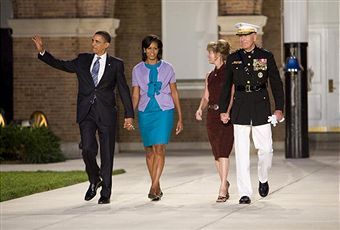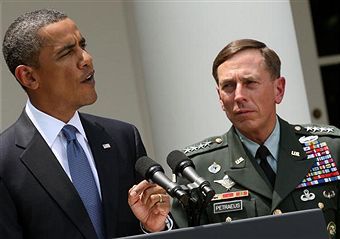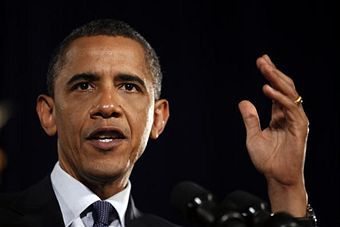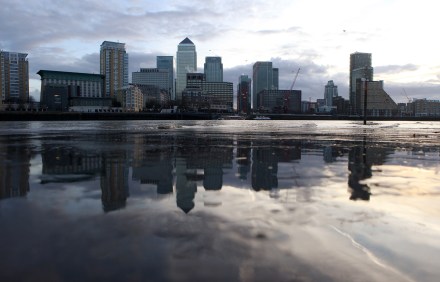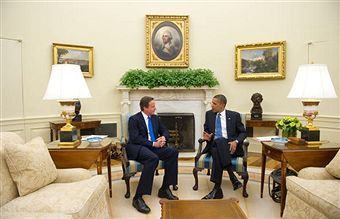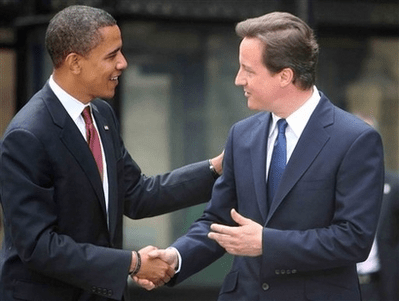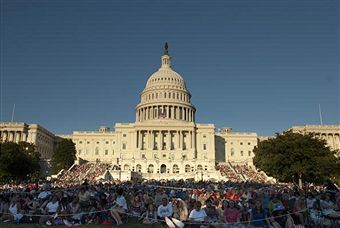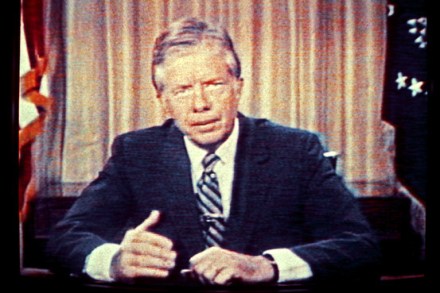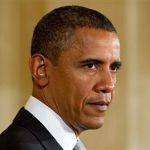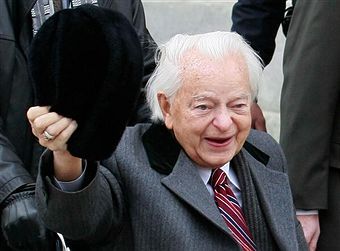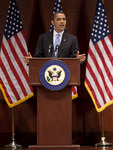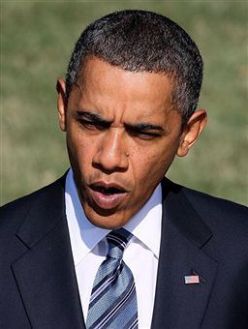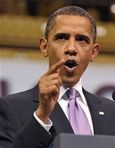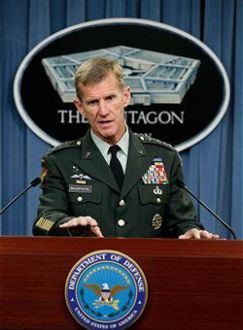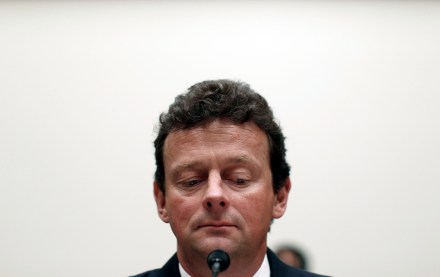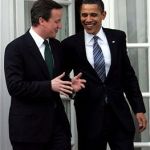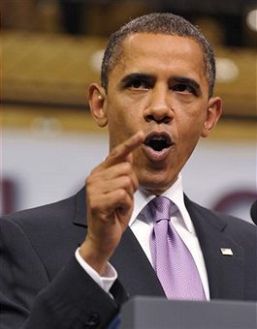General Conway versus the Commander-in-Chief
President Obama’s folly in setting a fixed date to start troop withdrawals from Afghanistan has been highlighted by the US Marine General James Conway. He told reporters on Tuesday that Obama’s July 2011 start date for withdrawal was “probably giving our enemy sustenance….In fact, we’ve intercepted communications that say, ‘Hey, you know, we only have to hold out for so long.’” As Mark Mardell noted on the Today programme, after having relieved General McChrystal of the Afghan command for his criticism of the civilian leadership Obama is keen to avoid another clash with a member of the senior brass. So there will be no White House reprimand for Conway. But
